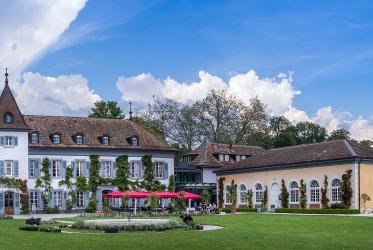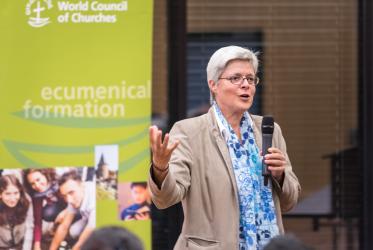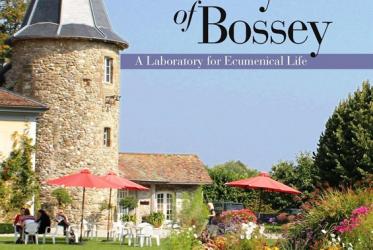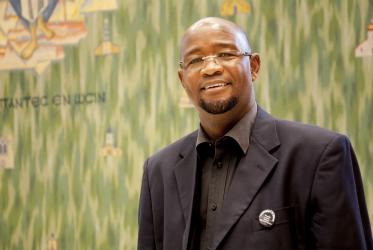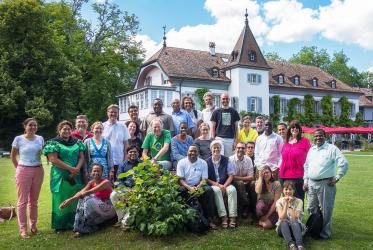Displaying 41 - 60 of 82
Bossey alums praise its 70 years of ecumenical formation
13 October 2016
Bossey: forming ambassadors of reconciliation
07 October 2016
Book launch will feature The Story of Bossey
30 September 2016
WCC conference explores ecological injustice in Uganda
21 April 2016
Bossey students on their way to future of ecumenism
10 February 2016
Theologian explores emerging model of empowerment and diakonia
17 December 2015
Basel University honors Ghanian Methodist theologian
09 December 2015
Churches need to do more to tackle HIV and AIDS
23 June 2015
Understanding justice and peace as Christian pilgrims
15 January 2015
Water network develops a theological framework for water justice
12 December 2014
Addressing ecology, theology and justice in practice
01 July 2014
